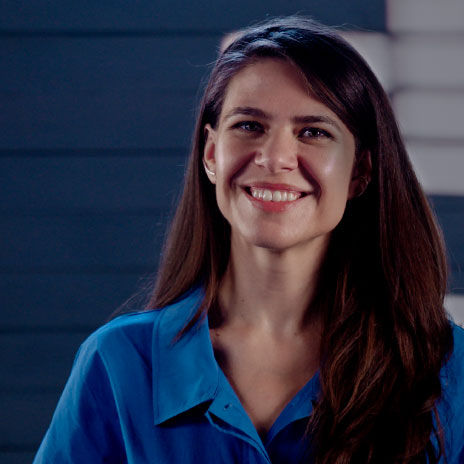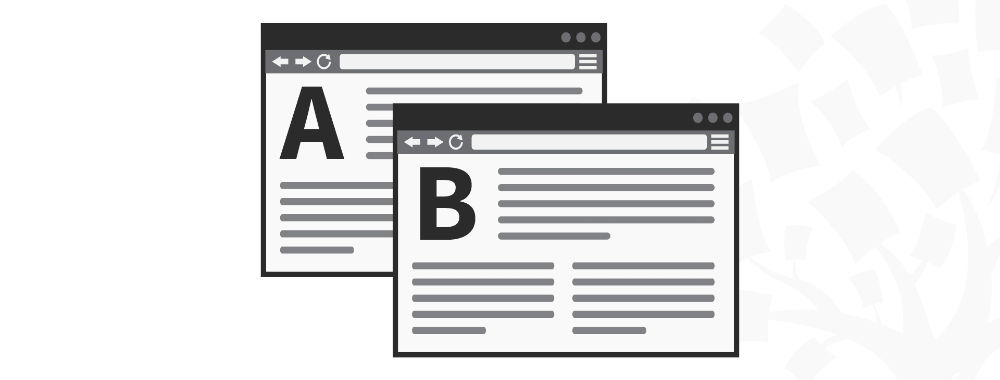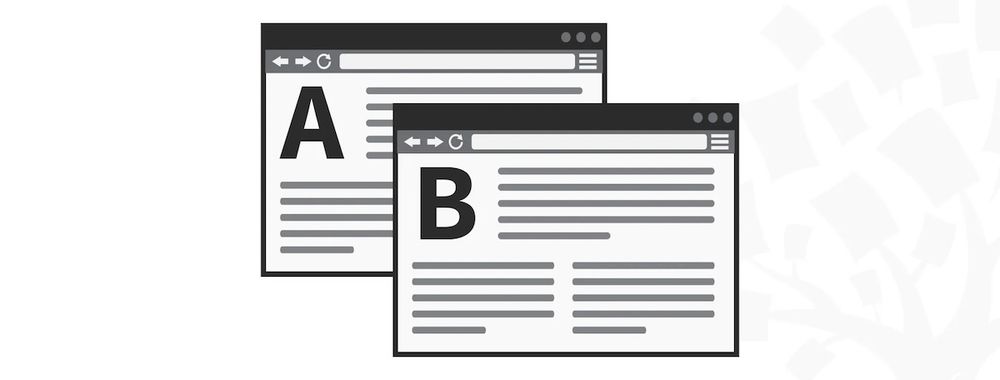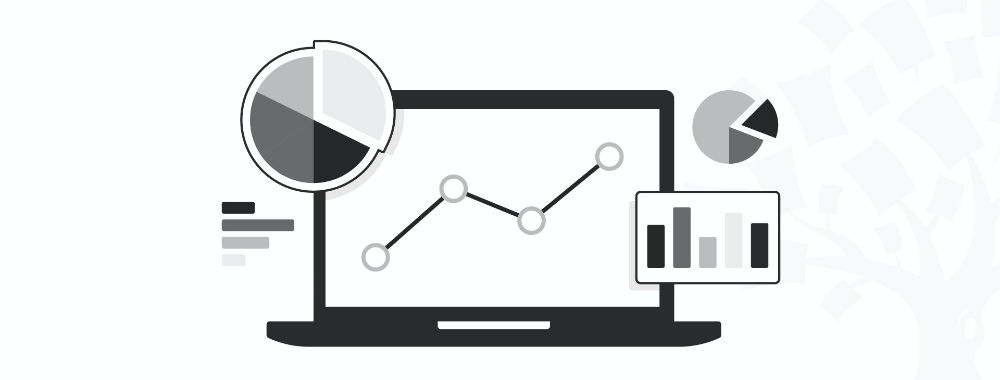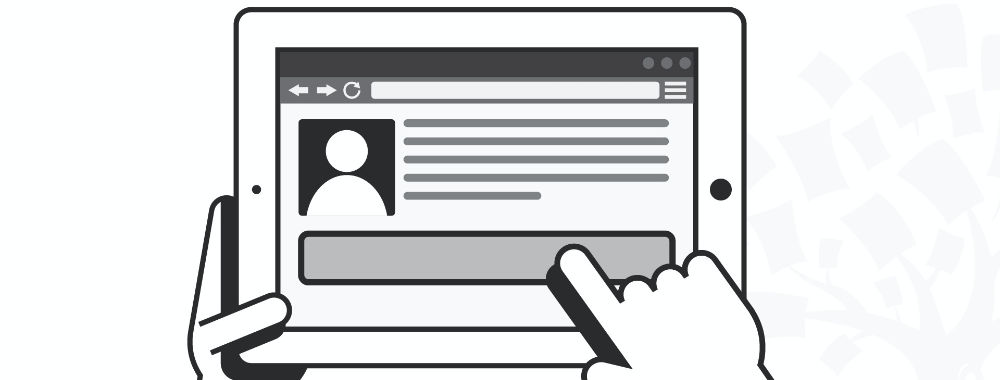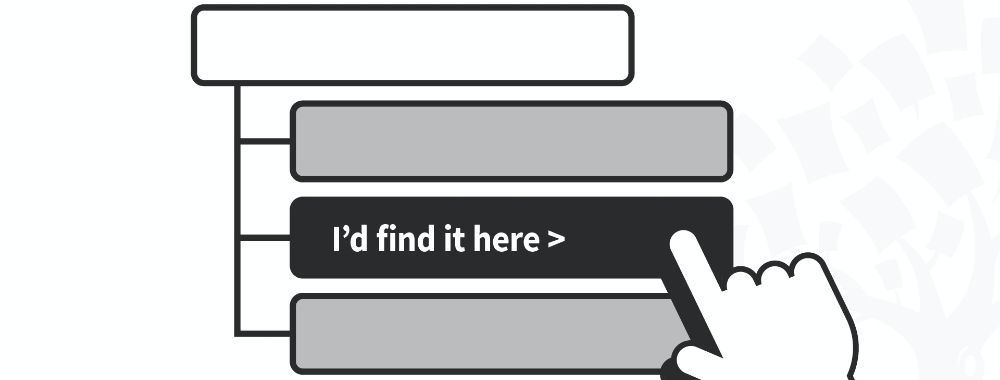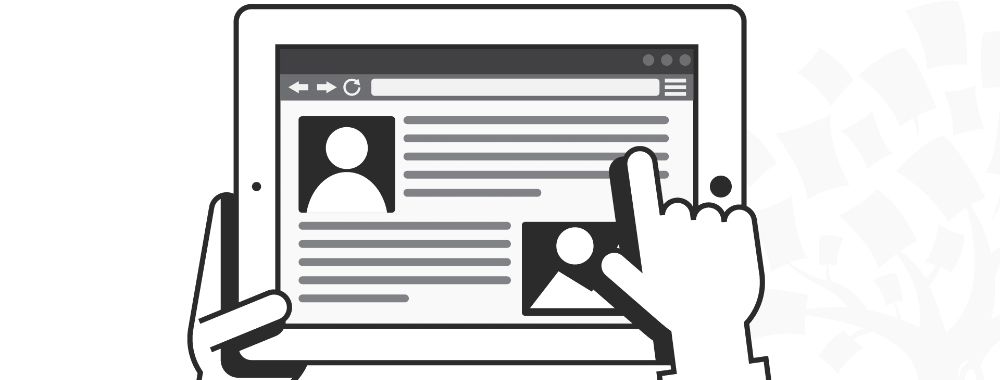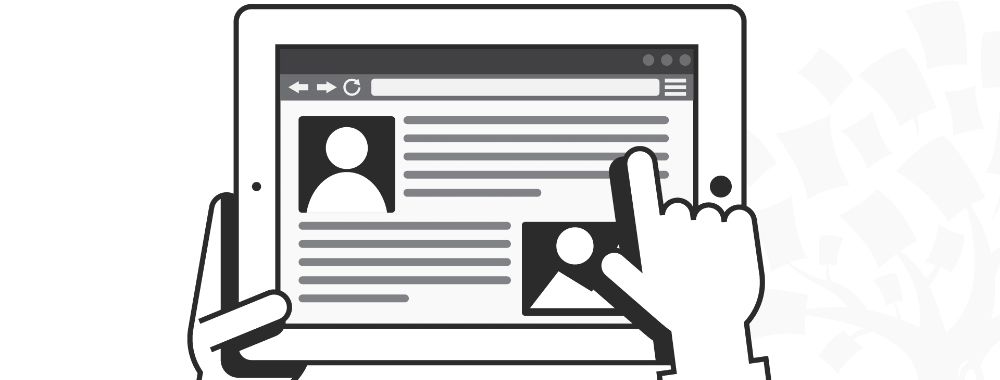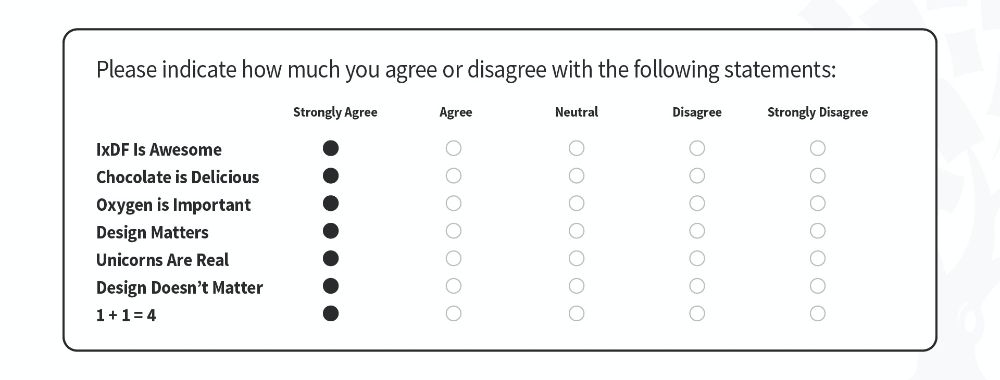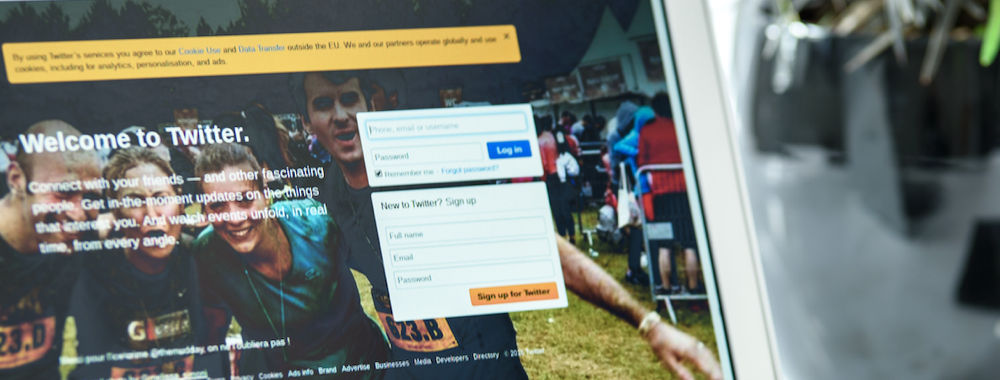Whether you're contemplating a transition into UX Design, or considering the next stage of your UX career, the biggest question you'll face is that of what your next step should be. It can be daunting to find an answer to this question, especially when technology moves faster than you can keep track of it, and the list of skills required for your dream job seem to constantly expand. To find tried-and-tested answers to this dilemma, we reached out to someone who excels at blending his strong UX design fundamentals with the demands of the future.
In this exclusive career Q&A, Greg Nudelman offers insightful advice from his 20+ years of experience as a UX designer, consultant, speaker and instructor. In the recent past, Greg has worked on multi-million dollar AI projects, and his career offers valuable lessons on how to prepare for sustained success as a UX designer. Greg is also a prolific author, and in this interview, he draws upon his extensive research in the field of interaction design.
What was your first UX design job role and how did you get it?
In the design industry, we are fortunate to stand on the shoulders of giants. I was a Sr. Software Engineer at a large bank, and I had the distinct fortune to read Don Norman's "Design of Everyday Things" and it was like a lightbulb went off in my head. I found kindred souls who saw the world in a different way and were likewise insanely bothered by things like door handles that face the wrong way. So I bravely proposed to my boss at the time that I travel to our satellite office to interview a client before I take on the next dev assignment -- no one at the time thought to do that! I even brought the doughnuts. The rest just unfolded from there.
What career decisions led you to the role you're in today?
I always look at where the tech industry is going next. Thus, I was always surprisingly comfortable with pivots into entry-level or lower-paying roles, if it meant I got a chance to work with technology or learn UX techniques that I felt will be important in the near future. Also, I never thought of myself as "one particular thing", so I jumped between working at companies, solo consulting, teaching at universities, and leading teams. Throughout my journey, I tried to never lose track of what UX is in the first place: applied empathy, meant to empower people interacting with technology systems. I think it was my luck in great measure, but also if you always actively look for that next thing, constantly listen to people react to tech and really feel that empathy, you can get a pretty decent batting average.
What do you wish you'd known when you started out in the field?
As Marvel fans may remember, the Ancient One tells Dr. Strange: “Arrogance and fear still keep you from learning the simplest and most significant lesson of all -- It’s not about you.” That is something it took me my entire career to figure out. I recently wrote an article for the ACM Interactions magazine where I break "It’s not about you" down into 4 "revelations":
- UX is not about your deliverables.
- UX is not about creating a lasting design solution.
- UX is not about being the Holy Oracle of User Needs.
- The UX department, like a cat, is a luxury.
I wish I'd known these when I started out! For those who'd like to know more, the full article is available at this link.
With newer technologies like AI, ML and NLP increasing in scope, what additional skills would you advise UX designers to build?
I'd say no matter which tech you use or what applications you build, "classic" design skills—storytelling, envisioning customer journeys, interviews, sketches, brainstorming, whiteboarding—are still going to be the core "go-to" skills you'll be using on a daily basis. That said, you really need to understand the business and technology you work with, because that's what UX is: it's a blend of inputs from business, dev, and customer to come up with new solutions to problems. So while you should continue to beef up your UX skills, you should also learn about product strategy, growth marketing, the competitive landscape of the business and your organization's goals. Also technology changes so fast that sometimes you have to learn as you go. For instance, learn the the capabilities of various popular frameworks: AWS, Azure, Google Cloud -- what's easy to build? What's hard? Why?
If you have the affinity for it, try to learn about AI, because it's already everywhere and will play a pivotal role in all tech solutions for the foreseeable future. Maybe get your feet wet and build a simple chatbot -- it's pretty straightforward and it will give you confidence to go after more complex AI challenges.
What are your top tips for UX teams to successfully make a case to executives about why they should be more closely integrated with engineering and product teams?
I recently led a workshop at the Design Ops Conference in the UK, where we built personas for each internal player, and it was quite revealing -- we don't take the time to look at our customers within the company and treat them with the same respect as our outside customers. So be original: treat devs and business executives as your customers and strive to provide them with immediate value. Have a service mindset. That can really change the game. Volunteer to take meeting notes, track schedules, dial in the room, you know -- the dirty work. Get curious, not arrogant. Earn their respect. And when the time is right, you can gently toss out something like "you know the last time we did a project without user research, X happened. We don't want a repeat of X, do we? I can whip out a couple of quick prototypes so we can see which solution performs better. Who do you think I should talk to first?" Always remember: it's not about you.
Interested to learn more about Greg and his work? You can connect with him on Twitter at @DesignCaffeine or visit his website.
If you're looking to start your career in UX design, then our course on how to become a UX designer has the answers to all your burning questions about the field. You'll learn all about the different UX roles in an organization, how to create UX deliverables, how to build your portfolio and land your first UX design job. This course has helped thousands of members of our community start their UX careers, and you can benefit from it too. Enrol in the course today to get started.
On the other hand, if you're already an experienced UX professional, then you can prepare for the next big stage of your UX career with our course on UX Management. You'll learn how to hire, manage and support your UX team, as well as how to link your team's responsibilities with the larger goals of the business. Through this course, you can develop a managerial mindset and ROI-driven critical thinking skills which can enable you to get hired for leadership roles in the UX design field.

